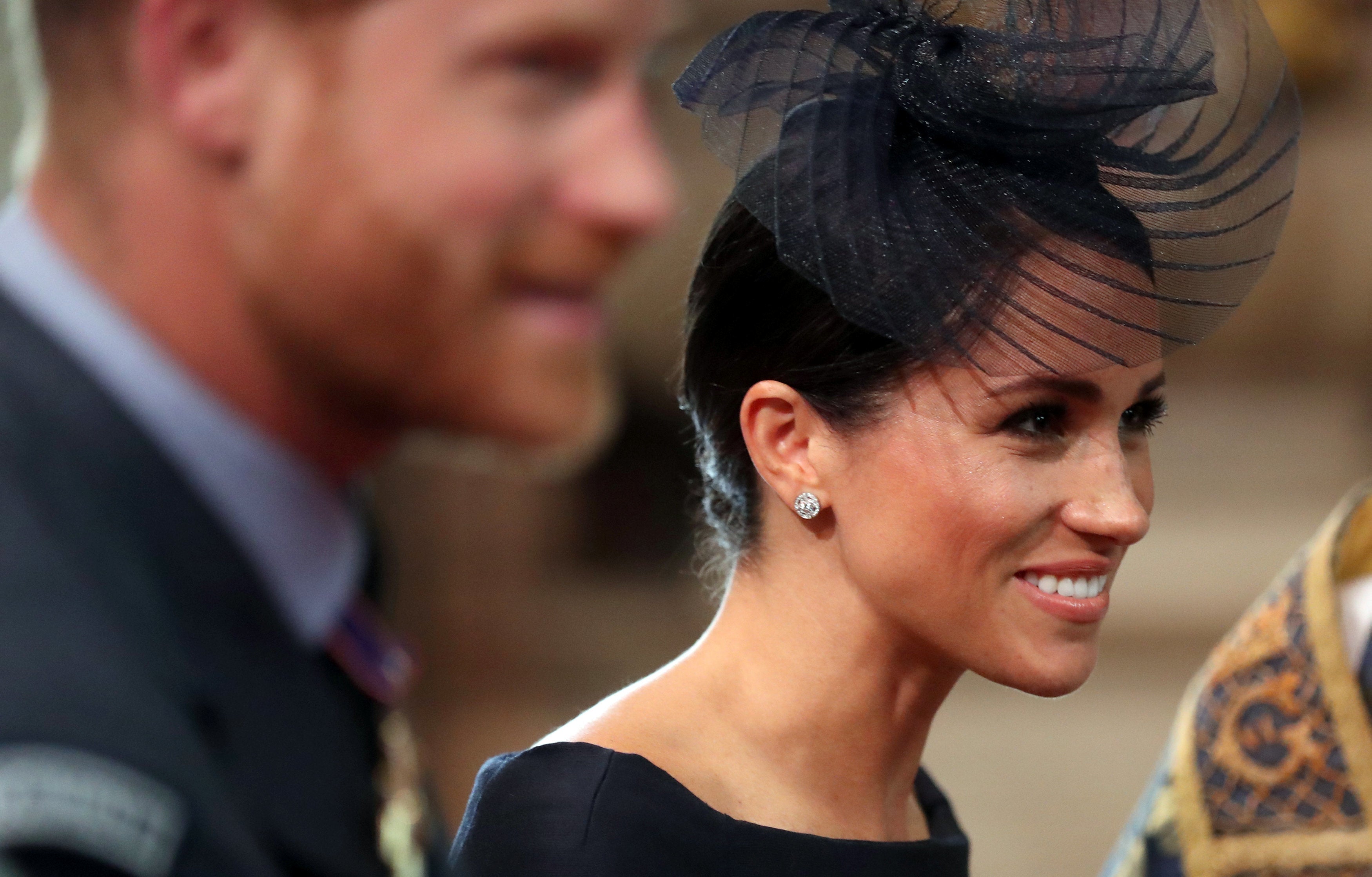Justice secretary wants to ‘correct’ drift towards privacy rights
Comments come after Meghan Markle appeal court victory over publication of private letter

Your support helps us to tell the story
From reproductive rights to climate change to Big Tech, The Independent is on the ground when the story is developing. Whether it's investigating the financials of Elon Musk's pro-Trump PAC or producing our latest documentary, 'The A Word', which shines a light on the American women fighting for reproductive rights, we know how important it is to parse out the facts from the messaging.
At such a critical moment in US history, we need reporters on the ground. Your donation allows us to keep sending journalists to speak to both sides of the story.
The Independent is trusted by Americans across the entire political spectrum. And unlike many other quality news outlets, we choose not to lock Americans out of our reporting and analysis with paywalls. We believe quality journalism should be available to everyone, paid for by those who can afford it.
Your support makes all the difference.Dominic Raab has said he wants to “correct” the drift towards the principle of free speech being outweighed by protection of privacy.
The justice secretary’s intervention comes just days after Meghan Markle, the Duchess of Sussex, won an appeal court battle over a newspaper’s publication of extracts of a letter to her father.
Court of appeal judges ruled that the duchess had a “reasonable expectation of privacy” in the contents of the letter which were “personal, private and not matters of legitimate public interest”.
But critics have accused the courts of creating extensive privacy rights which were never legislated for in parliament, by their far-reaching interpretation of the right to private and family life enshrined in the European Convention of Human Rights and translated into UK law through the Human Rights Act.
Speaking to Times Radio on Sunday, Mr Raab did not directly reference the duchess’s case, but made clear he believes the balance has slipped too far in favour of the ability of rich individuals to protect their secrets.
He indicated that his planned overhaul of the Human Rights Act could shift Britain away from “continental-style privacy laws” developed by judges rather than parliament.
“We do in this country have a tradition which emphasises and prioritises free speech and open debate,” said the deputy prime minister. “I think that’s something which is pro freedom that we’ll look at.”
Citing British philosophers John Locke, John Stuart Mill and Isaiah Berlin, Mr Raab said: “In the politics of this country, we’ve had a heavier emphasis on free speech, transparency, accountability for politicians, for people in positions of influence. We don’t have the continental-style privacy law protections.
“If we were going to go down that route, it should have been decided by elected politicians.” He added: “I think that’s a good example of the kind of balance that we can strike with our own home-grown approach to this, rather than the over-reliance on a continental model, which is effectively what the Human Rights Act has left us with.
“What I want to see is stronger respect for the democratic prerogatives of parliament to legislate in those areas.
“So it’s about getting the balance right. But certainly, I think the drift towards continental-style privacy laws, innovated in the courtroom not by elected lawmakers in the House of Commons, is something that we can and should correct.”
Join our commenting forum
Join thought-provoking conversations, follow other Independent readers and see their replies
Comments